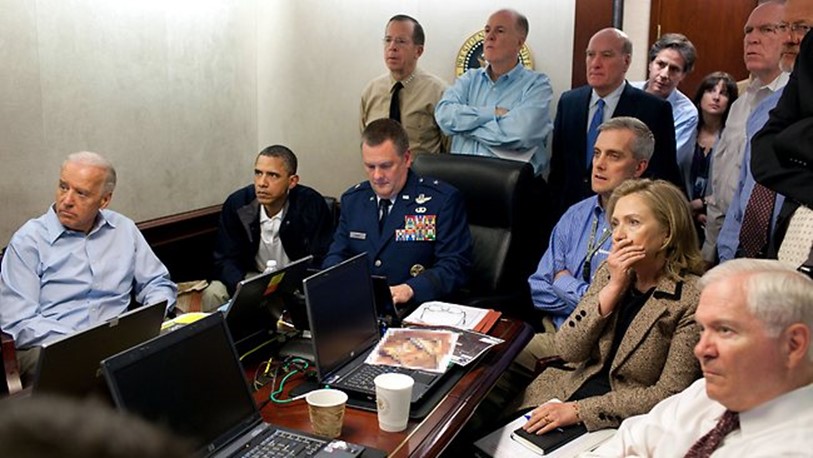How Firms Have Learned To Deal With Chinese Government Raids
August 15, 2014 in Daily Bulletin

In recent times firms such as Mercedes-Benz and Microsoft have been targets of surprise raids by Chinese officials. Unlike in other countries the legal protections offered to business are few. Michelle Price and Norihiko Shirouzu wrote about how companies have learnt to live with the raids:
- Companies have started conducting mock raids to teach employees how to act in the event that one happens.
- Workers are encouraged to offer their raiders tea or coffee and to have lunch with them as a sign of cooperation and openness.
- Exchanging business cards is seen as polite and can help to build a rapport, as well as allow legal experts to track down raiders through China’s plethora of bureaucracies.
- The raiders maybe distracted by other things at their targets’ offices. In at least one case a raider spent most of his time flirting with a secretary.
Read about the relative absence of legal protections in China, why it matters which organization is doing the raiding, and more over here.
Source: Reuters









Join the Discussion! (No Signup Required)